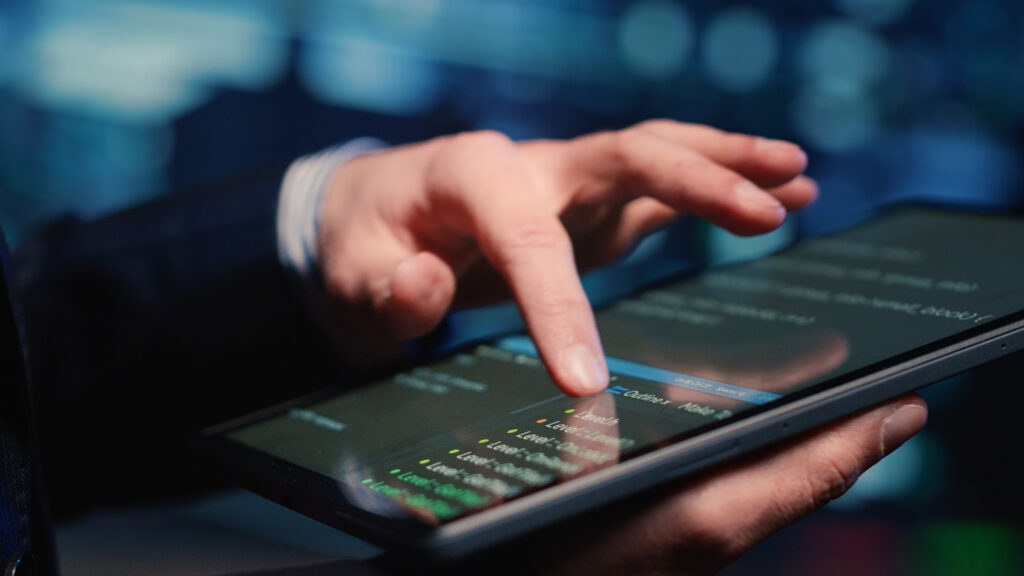In today’s digital age, our IP addresses play a crucial role in determining our online presence. Websites use our IP addresses to gain insights into our geographical location. Understanding IP checkers and their limitations is essential in this context. However, the accuracy of IP location (also known as GeoIP) is not always reliable, and there are several reasons why IP checkers can sometimes be wrong.

The Misconception of Tech Genius in Movies
We’ve all watched movies where tech geniuses effortlessly obtain someone’s home address by simply typing a few commands. Unfortunately, reality is far from what is portrayed on the big screen. In the real world, it’s not as straightforward as entering a website and instantly retrieving precise location details.
Understanding IP Addresses
To comprehend the functioning of IP checkers, we need to understand what an IP address is. An IP address serves as the virtual address of our computers, enabling communication between different devices on the internet. Similar to providing an address to receive a package, when we order something online, we need to provide an IP address to receive information. While a VPN can mask our location, our computer still requires an IP address to establish connections.
Ownership Listings and WHOIS Database
IP ownership listings are stored in the WHOIS database. When chunks of IP addresses, referred to as “netblocks,” are assigned, the name and address of the responsible person or entity are made publicly available. However, it’s important to note that your name would only be in the database if you registered a netblock intentionally. Typically, the address associated with an IP will lead to your Internet Service Provider (ISP), which can determine the country you’re in but cannot personally identify you.
The Accuracy of IP Checkers
GeoIP relies on public databases that may not always be accurate or up to date. It’s entirely possible for an ISP to maintain its IP addresses in a different country. This explains instances where websites display content in a different language because their IP address is registered in another country. Consequently, GeoIP-based blocking or access restrictions can sometimes fail and prevent access for the wrong users. Outdated databases can result in misidentifying users’ locations.
Connecting IP Addresses to Additional Data
Third-party GeoIP services may employ a technique called fingerprinting to gather additional data and combine it with users’ IP addresses. This data can include search history, allowing for a more accurate profiling. However, unless users explicitly provide their address and IP address, websites cannot accurately determine their exact location.
The Importance of Using Trusted IP Checkers and Protecting Your IP
While GeoIP technology is fascinating and beneficial, it’s crucial to acknowledge its limitations and the potential for incorrect results. To maintain privacy and protect your IP address, it is recommended to use a trusted VPN service like ForestVPN. Additionally, when utilizing an IP checker, ensure that you rely on a reputable and reliable service.
In conclusion, IP checkers provide valuable insights into users’ approximate locations. However, their accuracy can be compromised due to outdated databases and the reliance on public information. By understanding the limitations of IP checkers and taking proactive measures to protect your IP, you can safeguard your online privacy and maintain control over your digital presence.
FAQ:
Q: Why are IP checkers sometimes wrong?
A: IP checkers may rely on outdated databases or public information that is not always accurate or up to date, resulting in incorrect location identification.
Q: Can IP addresses reveal personal details?
A: IP addresses can provide general information such as the country associated with the IP, but they cannot personally identify individuals unless specific data is provided or obtained through other means.
Q: How can I protect my IP address?
A: Using a trusted VPN service like ForestVPN can help mask your IP address and enhance your online privacy and security.
